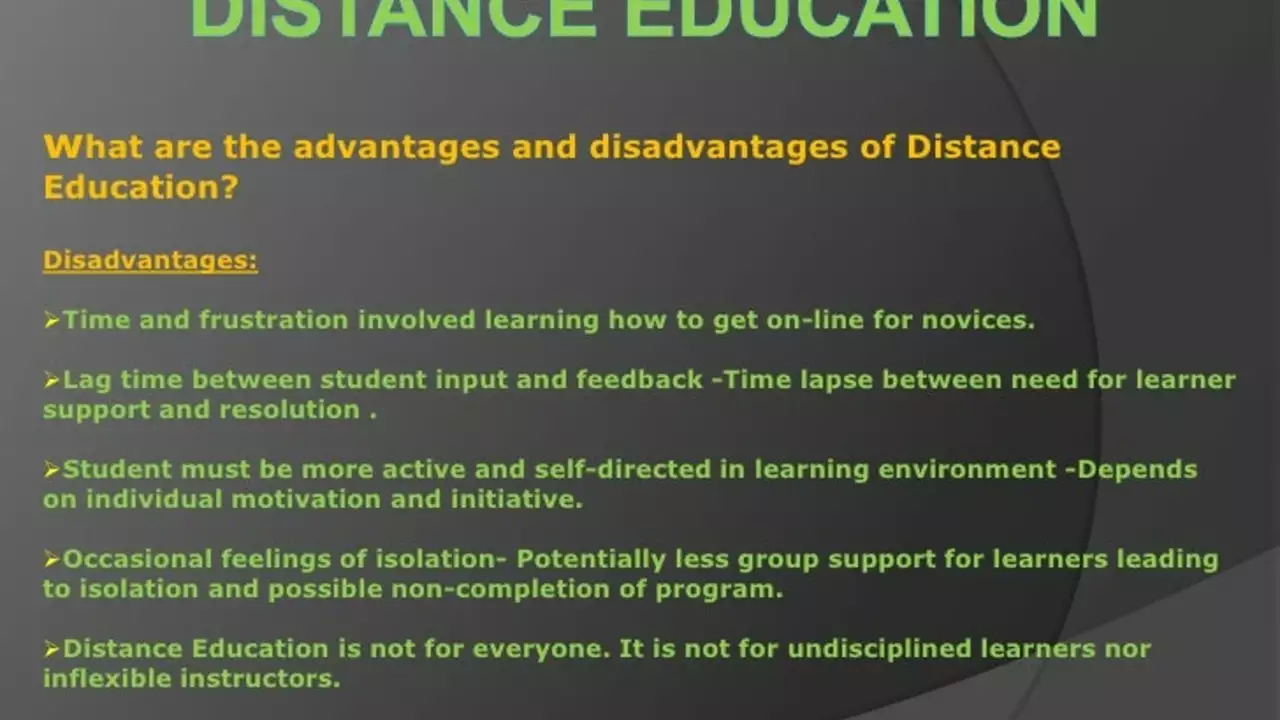
Integrating the Digital Age in Education: The Option to Buy a College Paper
Technology's omnipresence in our lives is apparent, profoundly impacting education as well. Through digital learning platforms, educational apps, and cutting-edge teaching techniques, the way education is delivered and absorbed has transformed. By welcoming the digital age, we pave the way for endless opportunities for students worldwide, even including the choice to buy a college paper online when necessary.
Encouraging Interactive Learning
Interactive learning gets a significant boost with technology in education. Lessons are no longer dull monologues but vibrant, engaging, and interactive experiences. Tools like digital whiteboards, projectors, and educational apps have made learning visually appealing and experiential. Students can now partake in virtual simulations, online quizzes, and interactive games, which reinforces their understanding and makes learning an enjoyable process.
Expanding Access to Education
Thanks to technology, quality education has become accessible to students who might not have had this opportunity before. Students living in remote areas can acquire quality education from their homes' comfort through online learning platforms and digital classrooms. Additionally, adaptive technology has enabled differently-abled students to learn at their own pace and in a manner that complements their unique learning styles.
Enabling Personalized Learning
Technology acknowledges that each student is unique in their learning style. With adaptive learning technologies, educators can offer personalized instruction addressing each student's strengths and weaknesses. This custom-made approach can enhance learning outcomes and instill a love for learning in students.
Strengthening Collaboration and Communication
The interaction between students and teachers has transformed with technology. Email, chat platforms, and video conferencing have eased communication among students, teachers, and peers, eliminating geographical boundaries. Enhanced collaboration and communication can result in better understanding and enriched learning experiences.
Encouraging Lifelong Learning
Technology has blurred traditional classroom boundaries, making the internet an immense reservoir of knowledge. Students can now learn anytime, anywhere, fostering a passion for lifelong learning and readiness for the dynamic requirements of the 21st-century workplace.
Enhancing Efficiency and Productivity
Technology can boost efficiency and productivity in the educational sector. Educators can use tools like learning management systems to handle their workload, monitor student progress, and offer timely feedback. Likewise, students can leverage technology to arrange their study schedules, access learning materials, and manage assignments efficiently.
Equipping Students for the Digital Future
In the rapidly digitalizing world, being tech-savvy is no longer a luxury but a necessity. Incorporating technology in education will prepare students for a future where digital skills are paramount. Proficiency in technology use can enhance problem-solving, critical thinking, and digital literacy skills, making students ready for the future.
Addressing Challenges of Technology in Education
Technology brings countless benefits, yet it also presents challenges. Issues such as the digital divide, cyberbullying, and privacy concerns must be tackled to utilize technology in education fully. However, with thoughtful planning, continuous support, and mindful usage, these challenges can be overcome, and technology's potential can be fully harnessed in education.
To sum up, technology is reshaping education, making it more interactive, accessible, and personalized. By integrating technology, we can equip our students for a future where digital skills will be paramount, nurturing a love for lifelong learning and boosting efficiency and productivity in the educational sector.


